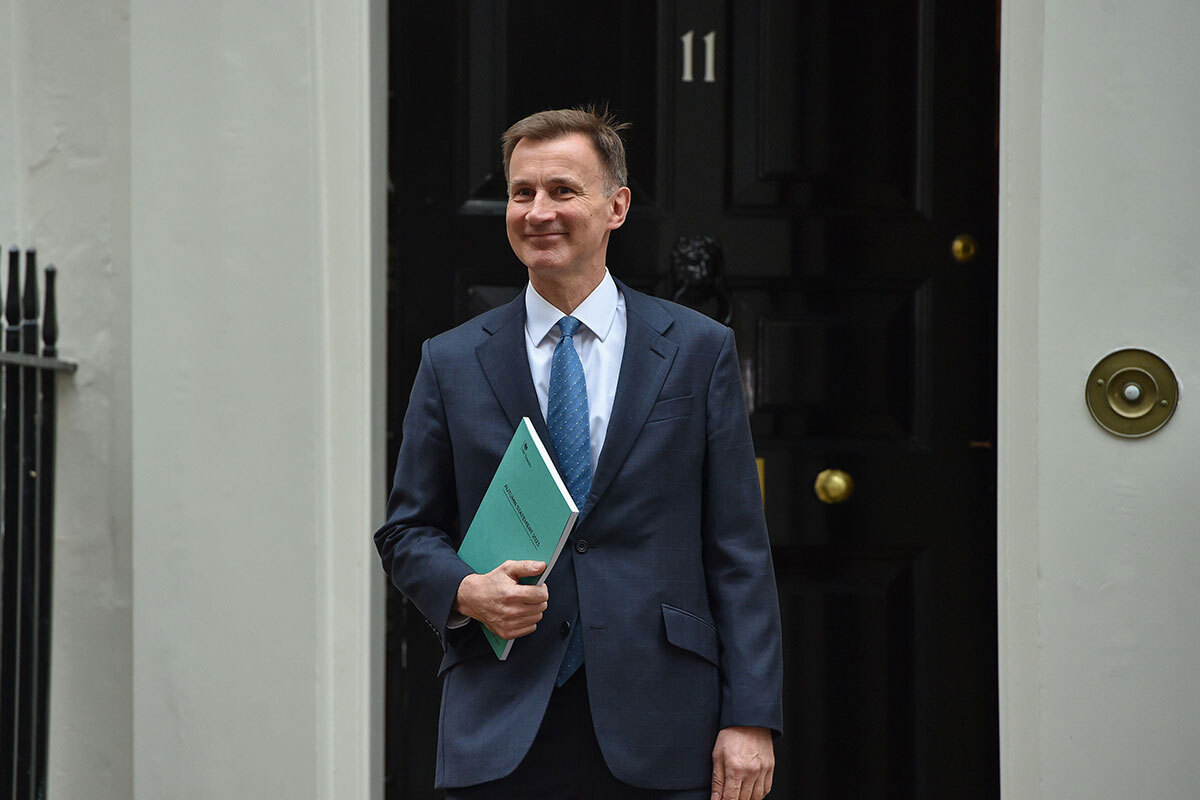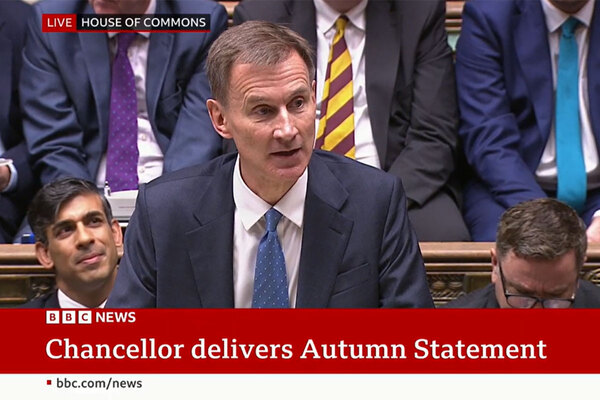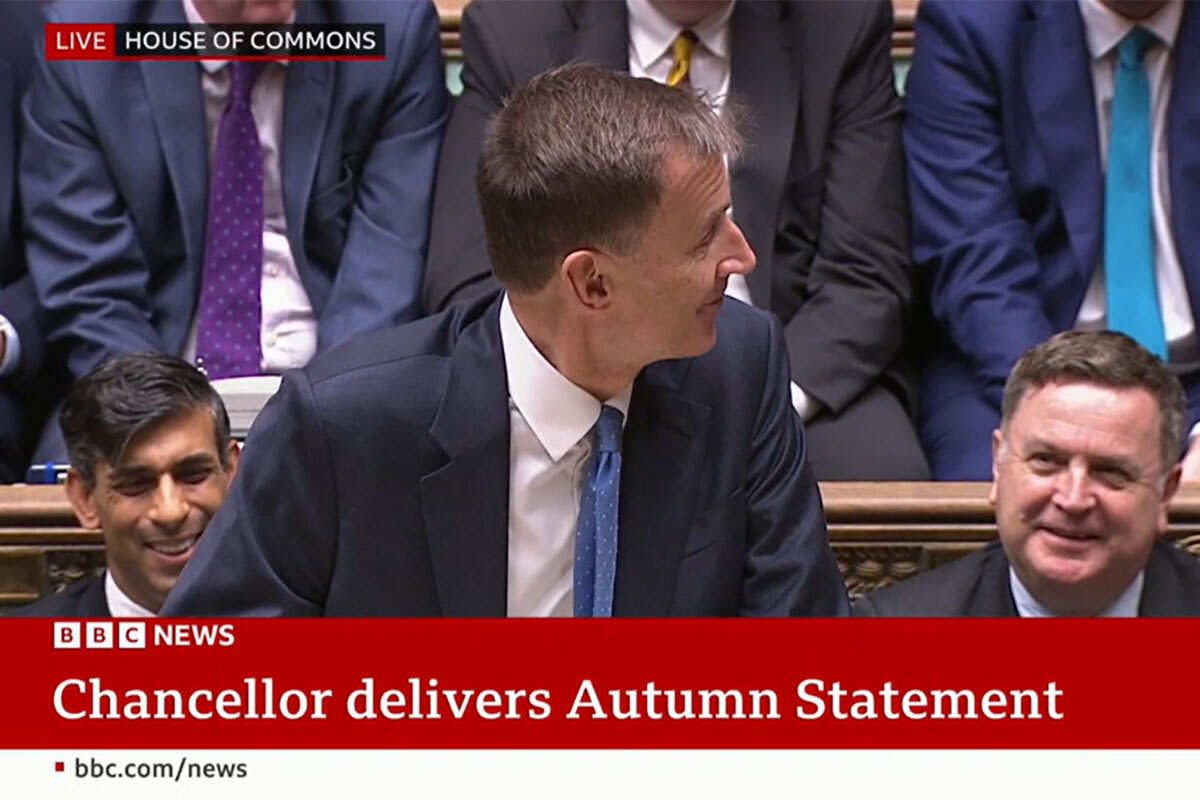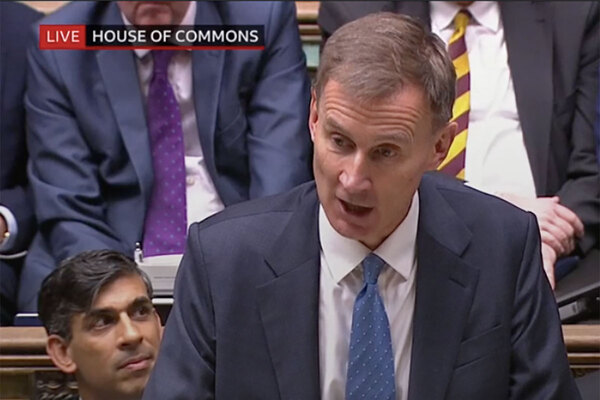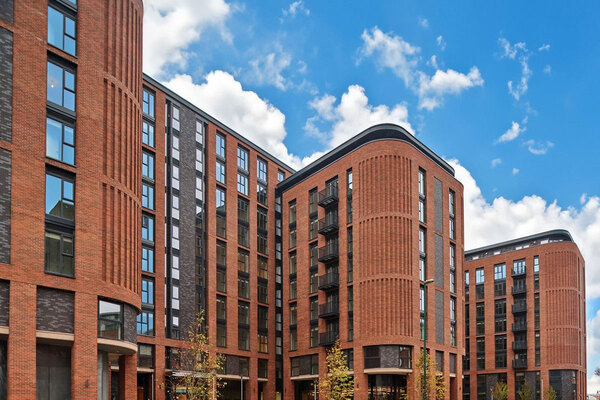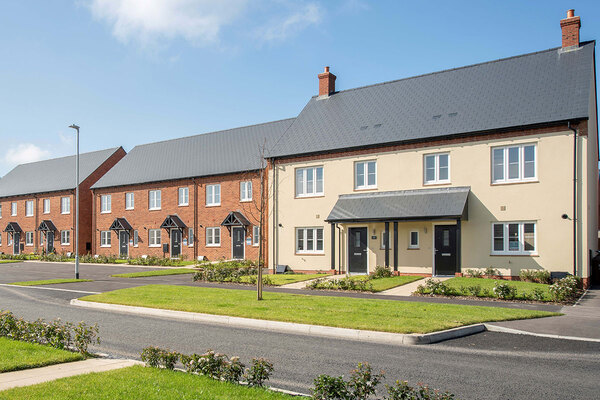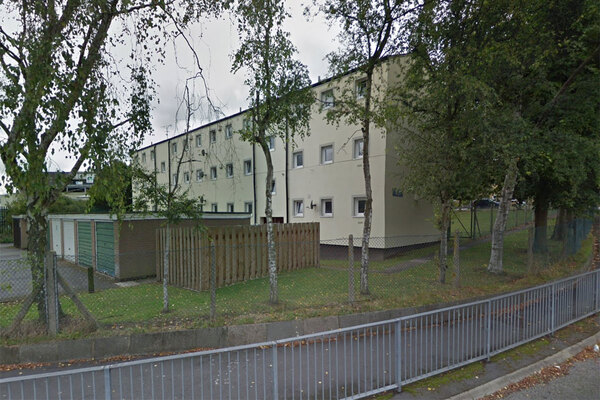Autumn Statement 2023: key takeaways for the sector
Inside Housing provides a rundown of the key policy takeaways from yesterday’s Autumn Statement
On Wednesday morning, Jeremy Hunt delivered his second Autumn Statement as chancellor of the exchequer.
One of the key asks of the sector before Mr Hunt had set out his spending priorities on Wednesday was help for residents struggling with the cost of living crisis, and to restore Local Housing Allowance (LHA) rates to the 30th percentile.
Beyond that, there had been little to suggest there would be much for the housing sector to look out for. However, there were a few surprises as the government looks to tackle the planning backlog and the impact of nutrient neutrality rules.
Additional funding for a number of existing government schemes was also announced.
If you missed the Autumn Statement yesterday, here is the full rundown of the key takeaways for the housing sector.
Housing benefits
In the days leading up to the Autumn Statement, reports suggested that the chancellor would unfreeze the LHA, and Mr Hunt did not disappoint.
He said that as part of measures to help with the cost of living crisis, he will restore LHA rates to the 30th percentile. This will come into effect from April 2024.
At the same time, Mr Hunt said he will “increase Universal Credit and other benefits from next April by 6.7% in line with September’s inflation figure, an average increase of £470 for 5.5 million households next year”.
The LHA is used to work out how much people on benefits can claim for help with rent if they are renting in the private sector.
LHA rates were restored to the cheapest 30th percentile in response to the COVID-19 pandemic in 2020, but they have been frozen since then and have not kept pace with inflation.
They often do not cover rents in the private rented sector, meaning families are often sent out of area or remain stuck in poor temporary accommodation.
Homelessness charities, housing associations and councils have been calling for the rates to be increased for years.
This announcement was welcomed across the sector by councils, charities and sector bodies.
Gavin Smart, chief executive of the Chartered Institute of Housing (CIH), said he was delighted to see the uprating of the LHA.
He added: “This measure alone won’t solve the housing and homelessness crisis. But in the face of rising rents, ever-increasing numbers of families living in temporary accommodation and the lack of social housing, restoring the link to the 30th percentile and the commitment to uprate benefits by the September inflation figure will make a big difference to those struggling the most.”
Planning reforms
In an attempt to “bust the planning backlog” and deliver thousands of new homes, the chancellor found £32m to target delivery in new “quarters” across Cambridge, London and Leeds.
The money will go towards addressing backlogs at local planning authorities.
Delving into the details of the new plans, councils will be able to offer “guaranteed accelerated decision dates” for major developments in England in exchange for a fee. Refunds will be issued if the deadline is not met.
Measures to improve transparency and reporting of planning authorities’ delivery records will also be in the plans being put forward by the Department for Levelling Up, Housing and Communities.
Tom Nicholson, senior advisor at Outra and former chief operating officer at Crest Nicholson, said: “Hearing the chancellor address the planning backlog today was somewhat promising, but we need to see the ‘meat in the sandwich’ to verify if it’s genuine reform.
“The housing crisis isn’t just about numbers; it’s about overcoming systemic hurdles. The persistent planning backlog stalls meeting housing needs. We must bridge intentions with actions for tangible change.”
The chancellor also told parliament he would consult on a new permitted development right to “allow any house to be converted into two flats, provided the exterior remains unaffected”.
The planning backlog has been widely blamed for slowing housebuilding, as the government remains committed to a target of delivering 300,000 homes a year by the middle of the decade.
Nutrient neutrality
Nutrient neutrality rules have become a political battleground, and the government believes that the measures are blocking the development of more than 100,000 homes.
The rules mean house builders must ensure there is no nutrient pollution in areas where there is already some pollution.
Mr Hunt pledged to invest £110m over the next two years on “high-quality nutrient-mitigation schemes”.
This funding comes after it was reported in September that prime minister Rishi Sunak had abandoned plans to scrap the rules after an amendment in the Levelling Up and Regeneration Bill was defeated in the House of Lords.
The £110m will be made available through the Local Nutrient Mitigation Fund to help councils affected by the rules, with the 40,000 homes estimated to be delivered over the next five years.
New funding
In the briefing paper published shortly after the chancellor’s speech, the government announced an additional £3bn in funding for housing associations under the Affordable Homes Guarantee Scheme (AHGS).
The document stated: “The government remains committed to building the affordable homes this country needs, building on the success of the existing Affordable Homes Guarantee Scheme through a £3bn extension which will help the scheme deliver 20,000 new homes, as well as improving the quality and efficiency of thousands.”
There will be an additional £450m in funding for a third round of the Local Authority Housing Fund to deliver 2,400 new housing units.
This will be used to house Afghan refugees and ease wider housing and homelessness pressures. It takes the total amount spent under the fund to £1.2bn.
Mark Washer, chief executive of Sovereign Network Group, said: “Without the foundation of a good, affordable home, people simply won’t have the energy the chancellor spoke of to grow the economy.
“The government is heading in the right direction with funding for planning and planners, and the doubling of the Affordable Homes Guarantee Scheme, but these remain a drop in the ocean against what is needed to deliver the places people need across the country.”
The government also revealed a £5m extension, to June 2025, of the Public Works Loan Board policy margin.
This aims to support local authorities borrowing for Housing Revenue Accounts, and could provide savings and additional investment in social housing of as much as £150m over the life of the borrowing.
There will be £3m for a range of measures to improve the home buying and selling process, including pilots to develop property technology products and to digitise local council property data.
Homelessness
New cash was also found for the Homes for Ukraine scheme and homelessness prevention.
The government will extend ‘thank you’ payments into a third year for Homes for Ukraine sponsors across the UK.
They will remain at £500 per month and “reflect the ongoing generosity of hosts in supporting those who have fled the war”.
In March, Inside Housing revealed that an increasing number of Ukrainian refugees were becoming homeless, including more than 3,500 families with children.
On homelessness prevention, £120m will be provided for the devolved administrations and local authorities in England to invest in tackling the issue and supporting Ukrainian households who can no longer remain in sponsorship.
Matt Downie, chief executive of Crisis, said: “We’re pleased the chancellor has finally listened to calls from the homelessness sector and councils and taken action to prevent more hardship.
“While the chancellor’s decision to tackle homelessness in the short term is a positive step, there is no room for complacency. The next UK government must sustain this investment, otherwise we will see homelessness rise again.”
You can read more of the sector’s response to the Autumn Statement here.
Sign up for our daily newsletter
Already have an account? Click here to manage your newsletters
